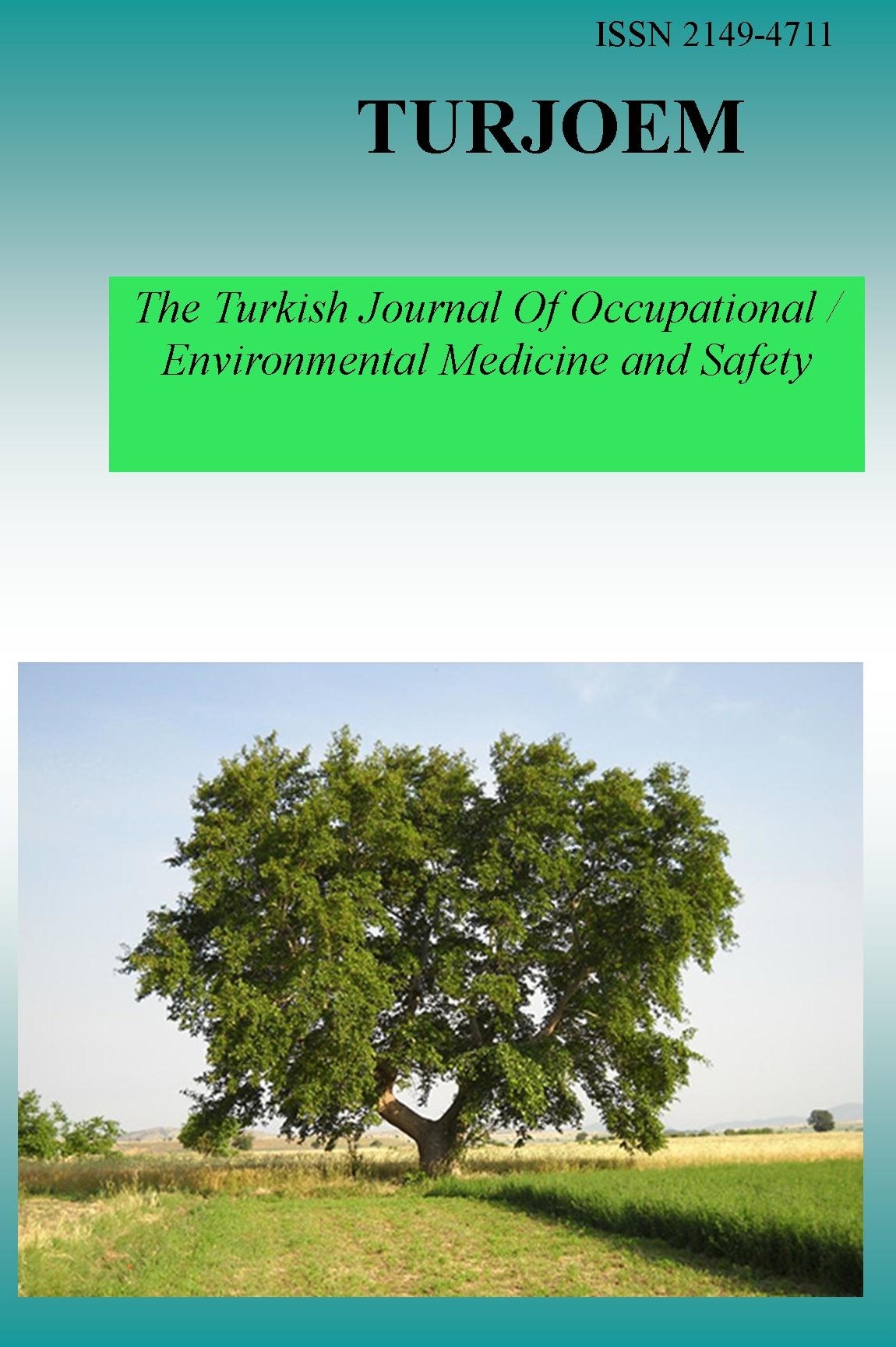COMPARISONS OF MIRTAZAPINE DETERMINATION METHODS WITH HIGH-PERFORMANCE LIQUID CHROMATOGRAPHY
COMPARISONS OF MIRTAZAPINE DETERMINATION METHODS WITH HIGH-PERFORMANCE LIQUID CHROMATOGRAPHY
COMPARISONS OF MIRTAZAPINE DETERMINATION METHODS WITH HIGH-PERFORMANCE LIQUID CHROMATOGRAPHY,
___
- Hatice ÖZCAN, Emrah DURAL, Sinan SÜZEN
- Ankara University, Institute of Forensic Sciences, Department of Forensic Toxicology, Ankara, Turkey Cumhuriyet University, Faculty of Pharmacy, Department of Pharmaceutical Toxicology, Sivas, Turkey Ankara University, Faculty of Pharmacy, Department of Pharmaceutical Toxicology, Ankara, Turkey
- ISSN: 2149-4711
- Başlangıç: 2015
- Yayıncı: Engin TUTKUN
Gulibahaer REJIEPU, Zeliha KAYAALTI
THE CYTOTOXIC EFFECT AND THE PHYSIOLOGICAL RESPONSE IN THE BIOMATERIALS APPLICATIONS
IN VITRO CYTOTOXICITY AND APOPTOTIC PROFILE OF RHEUM RIBES
NECROPHAGOUS DIPTERA SPECIES AS ENTOMOTOXICOLOGICAL INDICATORS
DOES PUERARIN HAVE GENOTOXIC PROPERTIES on MAMMALIAN CELL LINES?
Merve BACANLI, Hatice Gül ANLAR, A. Ahmet BAŞARAN, Nurşen BAŞARAN
DEVELOPMENT OF AN HPTLC METHOD FOR THE DETERMINATION OF PATULIN
Ömer KURADA, Zeynep TÜRKMEN, Tarkan BARUT, Selda MERCAN, Münevver AÇIKKOL
TOXICOLOGICAL EFFECTS OF AGRICULTURAL PESTICIDES ON ENVIRONMENTAL AND HUMAN HEALTH
Ayşe YEŞİLAYER, Nihat YEŞİLAYER
MYCOTOXIN DETECTION AND FOOD SAFETY
Aysun METE, Esin ORHAN, Kamuran AYHAN
